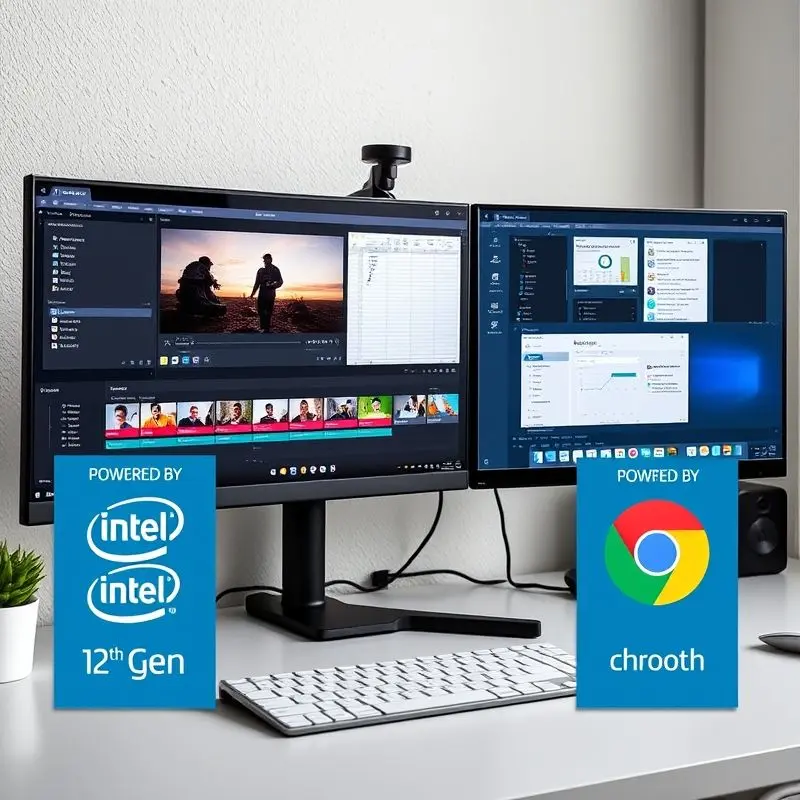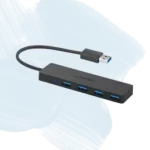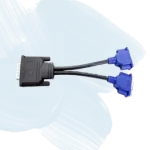The Hidden Truth About 11th and 12th Gen Processors – What You’re Not Being Told!
Why 11th and 12th Gen Processors Matter More Than You Think
Ever wondered why people obsess over the Gen Processors? It’s not just a geeky flex — it’s about power, speed, and future-readiness. In a world that runs on data, choosing the right processor generation means choosing your speed lane on the information highway.
What Is a intel all processor list?
The Evolution of Intel Processors
Every couple of years, Intel drops a new “generation” of CPUs. These aren’t just name changes; each generation brings architectural improvements, performance boosts, and updated support for technologies like Wi-Fi 6, DDR5 RAM, or PCIe 5.0.
Naming Conventions and What They Really Mean
You’ve probably seen names like Intel Core i7-11700K or i5-12600H. That “11” or “12” after the i7/i5 tells you the generation. More often than not, a jump in generation equals a noticeable performance leap.
Key Milestones in intel all processor list
- 10th Gen: Solid for budget and mid-range systems
- 11th Gen: Introduced Intel Xe graphics
- 12th Gen: First hybrid architecture (P-Cores + E-Cores)
Understanding the 11th Gen Processors
Core Features of 11th Gen Intel CPUs
Intel’s 11th generation, codenamed “Tiger Lake,” introduced Intel Iris Xe graphics — a massive jump in integrated GPU power. intel all processor list brought improved AI performance and faster PCIe 4.0 support.
Performance Boosts Over 10th Gen
Think better single-thread performance, quicker launch times for apps, and more responsive systems for casual users.
Integrated Graphics Enhancements
The Xe graphics engine is no joke. You can comfortably run games like Fortnite or Valorant on medium settings — without a dedicated GPU.
Ideal Use Cases for 11th Gen CPUs
Everyday Computing
If you’re a student, remote worker, or just someone who opens 20 Chrome tabs at once, 11th Gen has your back.
Light Gaming and Office Work
For Excel, Zoom calls, and even Adobe Lightroom? Totally smooth.
Inside the 12th Gen Revolution
Big Little Architecture – A Game Changer
12th Gen, aka “Alder Lake,” introduced something radical — a hybrid architecture. That means it uses Performance cores (P-Cores) for heavy tasks and Efficiency cores (E-Cores) for lighter background processes.
Performance Cores vs Efficiency Cores
P-Cores are like sprinters, blazing fast and strong. E-Cores are your long-distance runners, keeping things running quietly and efficiently.
Multitasking Like Never Before
You can render a video, game, and run antivirus — all at once — without your system crying for help.
Intel Thread Director Explained
This smart scheduler tells Windows which core to use for each task, optimizing performance and power usage in real time.
Power Efficiency and Heat Management
Thanks to the E-Cores, 12th Gen systems sip power and run cooler, especially on laptops — meaning longer battery life and less fan noise.
processor comparison 11th Gen vs 12th Gen – The Ultimate Comparison
Raw Performance Benchmarks
- Single-core: 12th Gen wins by 10-20%
- Multi-core: 12th Gen dominates with its hybrid design
- Graphics: 11th Gen’s Xe still competes in iGPU performance
Gaming and Creative Workloads
Gamers, video editors, and developers — 12th Gen is built for you. Faster frame rates, better encoding times, smoother multitasking.
Power Consumption and Thermal Output
laptop processor types 11th Gen is cooler in low-power devices. But 12th Gen, despite higher performance, manages heat well due to smarter architecture.
11th and 12th Gen Processors Laptop vs Desktop Experience
Differences in Mobile and Desktop CPUs
laptop processor types 12th Gen mobile chips use fewer cores, but still crush 11th Gen in battery efficiency and multitasking.
What to Choose Based on Your Needs
- Students or general users: 11th Gen is cheaper and capable.
- Gamers or creators: Go 12th Gen and don’t look back.
What This Means for Upgraders
processor comparison: Should You Upgrade from 11th to 12th Gen?
If you’re into gaming, content creation, or want to future-proof — yes. If you just browse and stream, stick with 11th Gen for now.
Compatibility Concerns
laptop processor types 12th Gen needs:
- A new LGA 1700 socket motherboard
- DDR5 RAM (optional, but supported)
Future-Proofing Your Setup
DDR5 and PCIe 5.0 – Are They Worth It Now?
In the meantime, DDR4 still does great. But if you want a system that’ll thrive for 5+ years, DDR5 is the way to go.
How Long Will 12th Gen Stay Relevant?
At least until 2027. With support for the latest tech, it’s a safe investment for the long haul.



 Monitors
Monitors
 Gaming Laptops
Gaming Laptops Business Laptops
Business Laptops Workstation Laptops
Workstation Laptops Touchscreen Laptops
Touchscreen Laptops
 Keyboards
Keyboards Mouse
Mouse USB Hubs
USB Hubs Cables & Adapters
Cables & Adapters